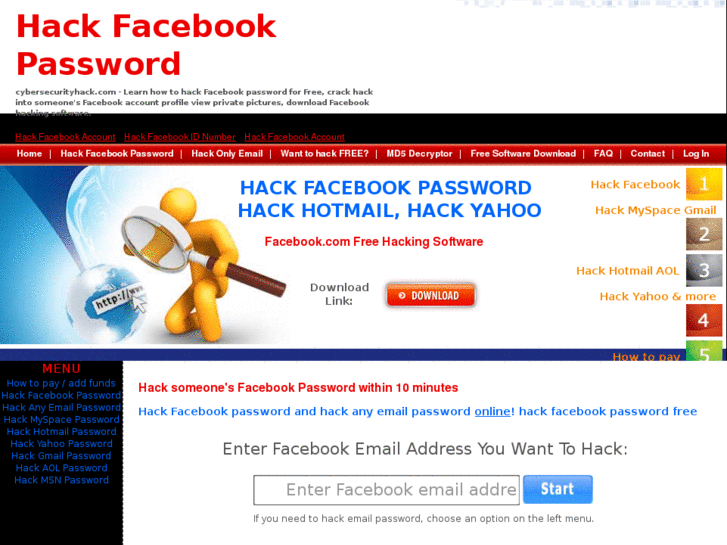
Download Pirate Hack Facebook Versi Modifikasi Ninja

Download Hack Email,Facebook. 100% WORK di 23.40. Kirimkan Ini lewat Email BlogThis! Berbagi ke Twitter Berbagi ke Facebook Bagikan ke Pinterest.
Resource Hacker TM. A freeware resource compiler & decompiler for Windows® applications Version 5.1.7 Last updated: 3 January 2019 Copyright © 1999-2019 Angus Johnson Freeware - no nags, no ads and fully functional.
The end result is an active airport environment, whether you are shooting approaches on 28L at San Francisco International, or flying a virtual load of food supplies to the upper reaches of Alaska. Bittorrent. 6000+ Airports with Traffic - Ultimate Traffic 2 provides users with AI traffic for over 6,000 airports. The package contains over 90 aircraft types to provide users with a wide variety of aircraft scenery that adds a unique feel that is only second to you being outside a real airport fence. Ultimate Traffic 2 contains over 1600 aircraft repaints of various worldwide air carriers, both big and small.
Overview: Resource Hacker™ is a resource editor for 32bit and 64bit Windows® applications. It's both a resource compiler (for *.rc files), and a decompiler - enabling viewing and editing of resources in executables (*.exe; *.dll; *.scr; etc) and compiled resource libraries (*.res, *.mui). While Resource Hacker™ is primarily a GUI application, it also provides many options for compiling and decompiling resources from the command-line. Compiling: Compiling can be initiated either by opening an existing resource script file, or by creating one from scratch using Resource Hacker's editor. A complete list of Resource-Definition Statements can be found. Additional features of Resource Hacker's compiler include: The #INCLUDE directive (to access definition statements in header files etc) can be nested to multiple levels, as can the #IF, and #IFDEF directives.

#DEFINE, #UNDEF, #IF, #ELIF, #ELSE, #IFDEF, #IFNDEF, #INCLUDE, and #PRAGMA directives are all supported. Strings, between double-quote (') characters, may contain typical 'C' style backslashed 'escaped' characters — t, n,, ', x, u and 377 (octal).
A double-quote within a string must be 'escaped' using either a preceding backslash or with another double-quote. Script comments are preceded either by double forward-slashes (//) or by a semi-colon (;). Filenames with relative paths are allowed. Filenames that contain spaces must be enclosed within double-quote characters. Compiler error messages are reported, even errors nested within INCLUDE statements. Viewing and Editing Resources: Once a resource file has been opened, its resources will generally be displayed as either an image (or group of images) or as decompiled text.
Binary resources, usually images, can't be edited directly with Resource Hacker, but they can still be very easily exported and imported once they've been modified by an external image editor. (I see no benefit in duplicating what third-party image editors do so well.) Menu and Dialog resource types have their own WYSIWYG designers: Binary resources that have unknown formats will be displayed as read-only binary text. (Any resource can also be viewed in this fashion if desired.) Other Actions: Command Line Syntax: Just about all the functionality of Resource Hacker™ can be accessed from the command line without having to open the Resource Hacker™ GUI. Command line instructions and Resource Hacker™ scripts can remove the drudgery entailed with repeating Resource Hacker™ tasks. Command-line instructions are a combination of switch statements followed by switch parameters as explained in the following table: Command line statements: Switch Parameter -open filename - the name of the file that is to be modified. It should be a Windows PE file (*.exe, *.dll etc) or a compiled or uncompiled resouce file (*.res or *.rc) -save usually a filename for the new or modified file, but can also be a folder when extracting multiple resources -resource filename - contains a resource being added to the opened file.